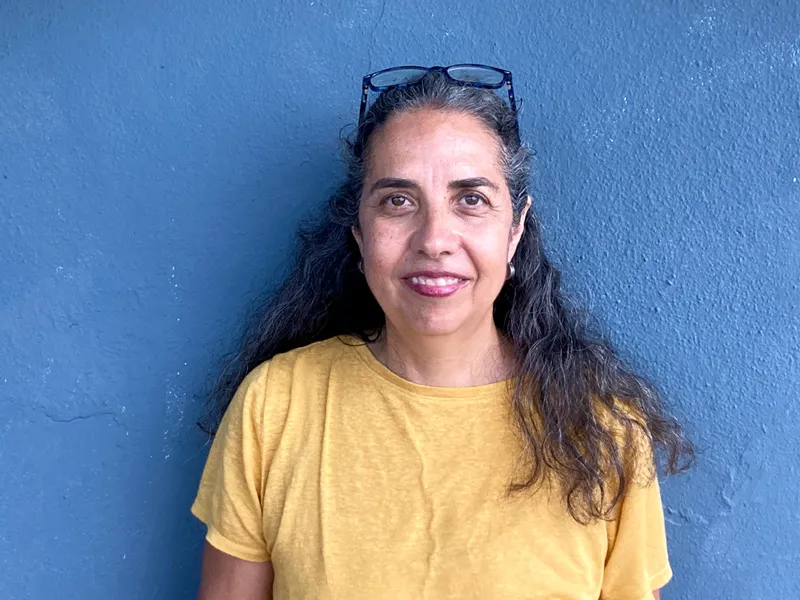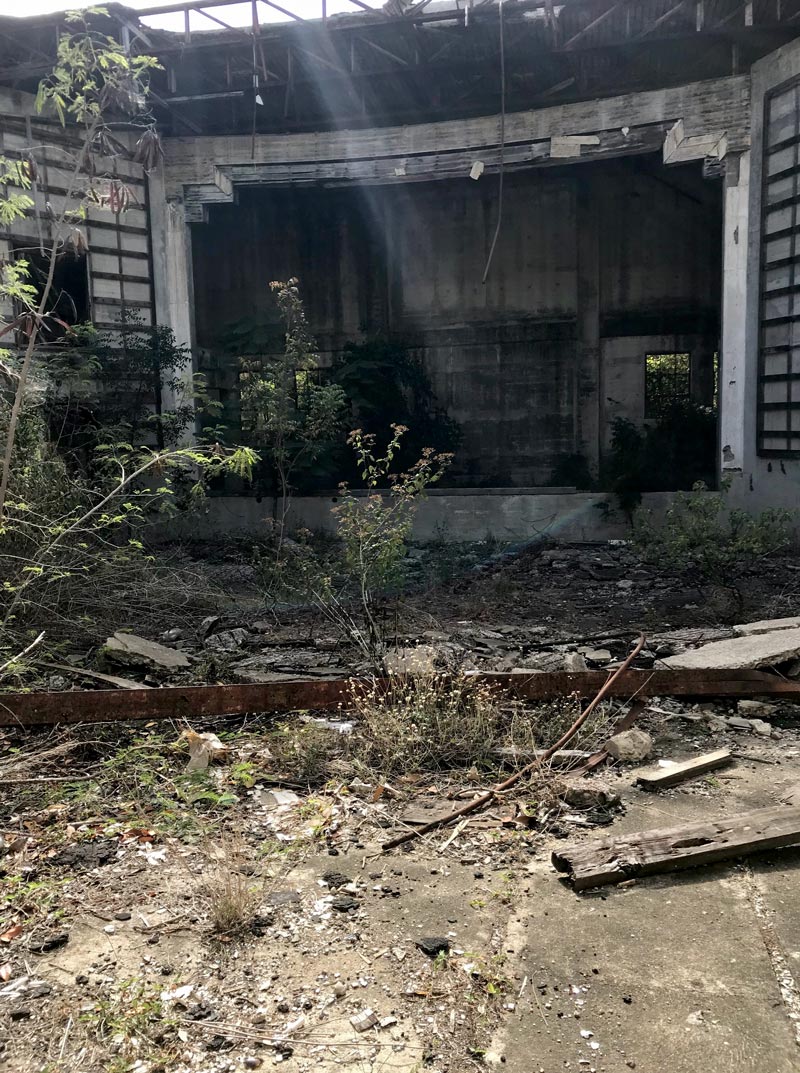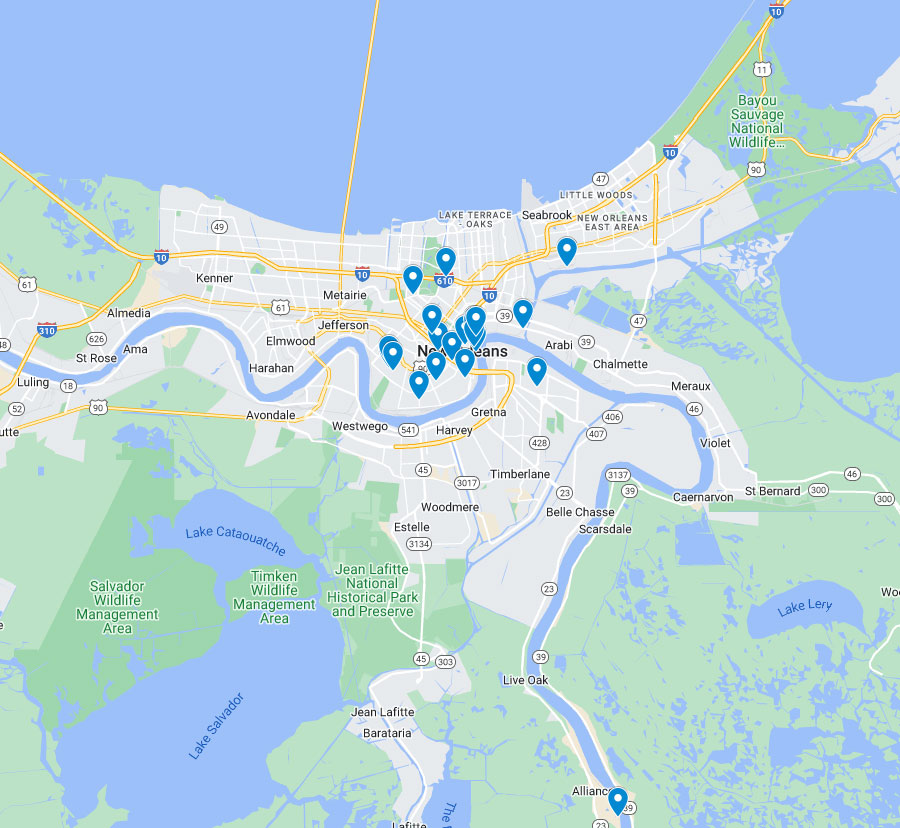
Biography
Ana M. Ochoa Gautier is a professor in the Newcomb Department of Music, the Department of Communication and the Department of Spanish and Portuguese. Her work is on histories of listening and the decolonial, on sound studies and climate change, and on the relationship between the creative industries, the literary and the sonic in Latin America and the Caribbean. Her current projects explore the bioacoustics of life and death in colonial histories of the Americas and the relationship between sound, climate change and the colonial. She has been a Distinguished Greenleaf Scholar in Residence at Tulane University (2016) and a Guggenheim Fellow (2007-2008). She has served on the advisory boards of the Society for Cultural Anthropology, and the Smithsonian Center for Folklife and Cultural Heritage. Her book, Aurality, Listening and Knowledge in Nineteenth-Century Colombia (Duke University Press, 2014) was awarded the Alan Merriam Prize by the Society for Ethnomusicology. She is also the author of Músicas locales en tiempos de globalización (Buenos Aires: Norma 2003) and Entre los Deseos y los Derechos: Un Ensayo Crítico sobre Políticas Culturales (Bogotá: Ministerio de cultura, 2003) and numerous articles in Spanish and English.
Research
The Aural Industrial Complex in the Gulf of Mexico, Central America and the Caribbean
In the past two decades, different scholars have explored the connections between New Orleans, Central America and the Caribbean in the historical development of Black American Musics . What has been explored much less is the connection between New Orleans, Central America and the Caribbean in the history of media infrastructures and their connections to other industrial complexes. As noted by scholars such as Christina S. Dale, Alejandra Bronfman and Jonathan R. Winkler, historically there are multiple connections between the rise of the U.S. as an imperial power and the development of a global broadcasting and telegraphic infrastructure. During this time also, the first recordings of “ethnographic media” were produced. Rather than see phonographic production, radio and telegraphy as isolated media, I see these as an interrelated aural industrial complex that arose as a central dimension of the expansion of U.S. empire. Yet the connection between Louisiana and these broader industrial complexes tends to be blurred because they are usually studied within national boundaries. In this project I propose to begin to explore the interconnected rise of an aural industrial complex in New Orleans and Louisiana and its connections to Central America and the Caribbean. For this, I will study a series of archives in New Orleans and Louisiana.



